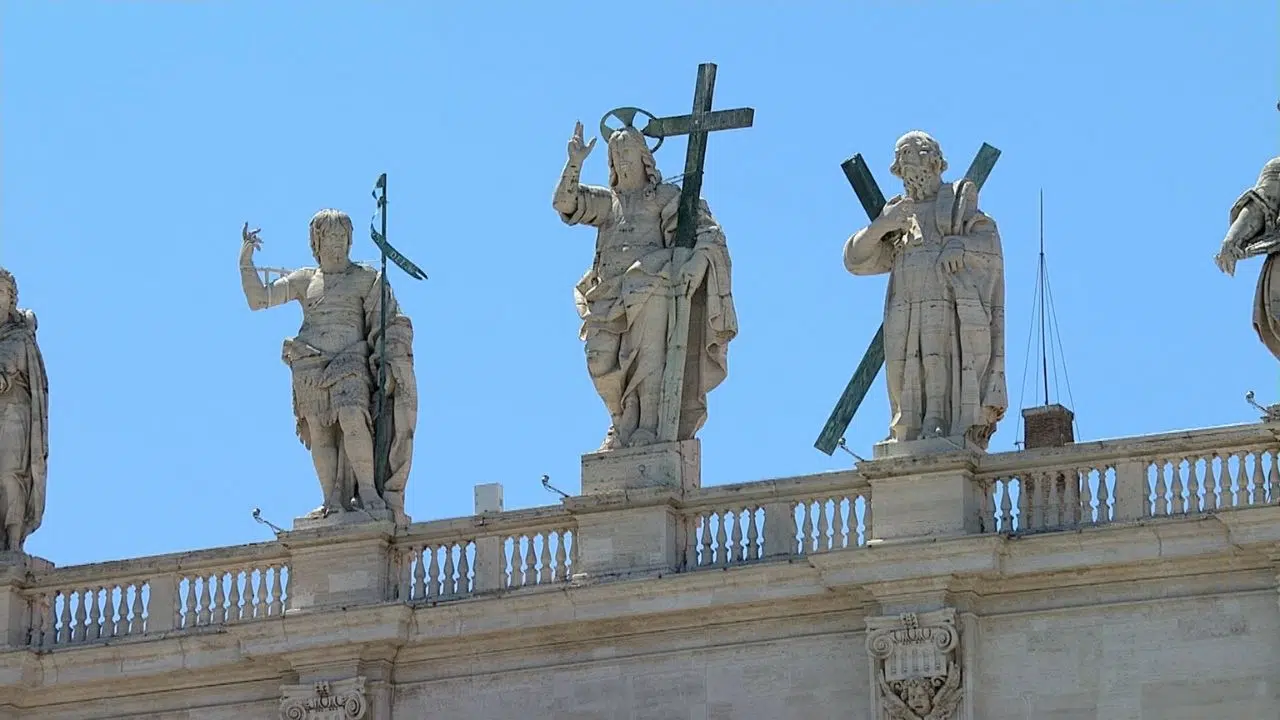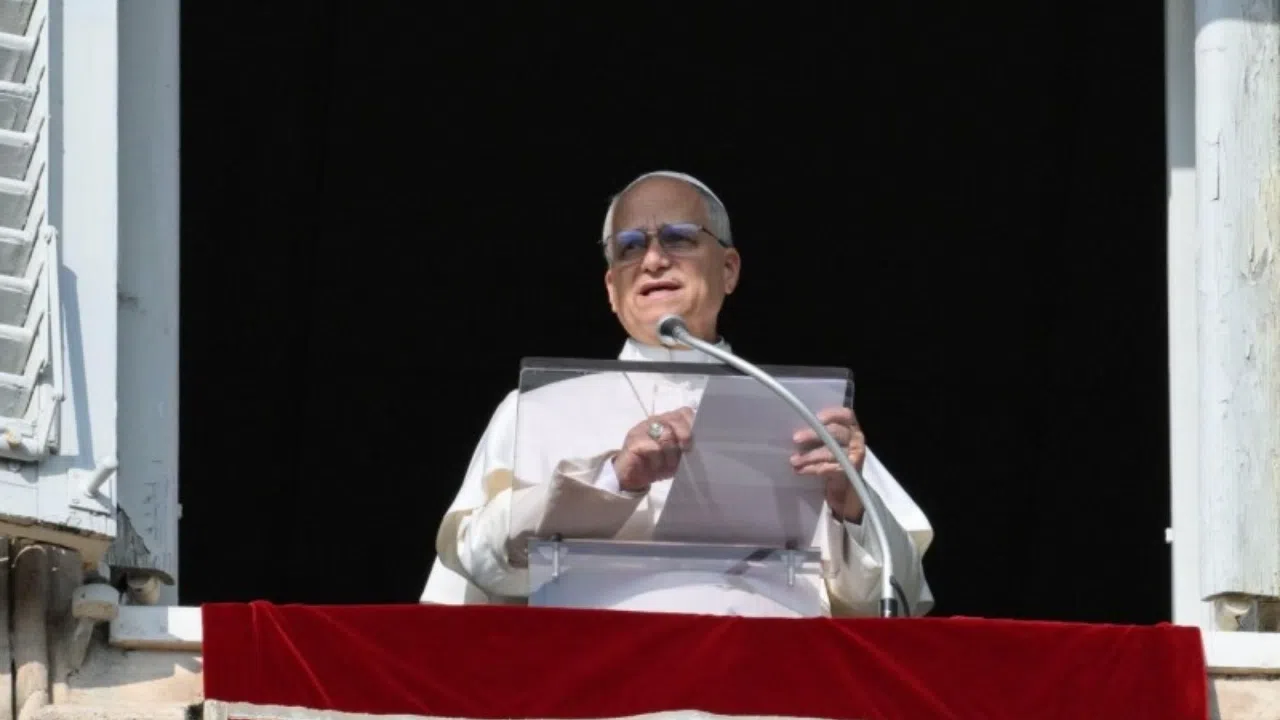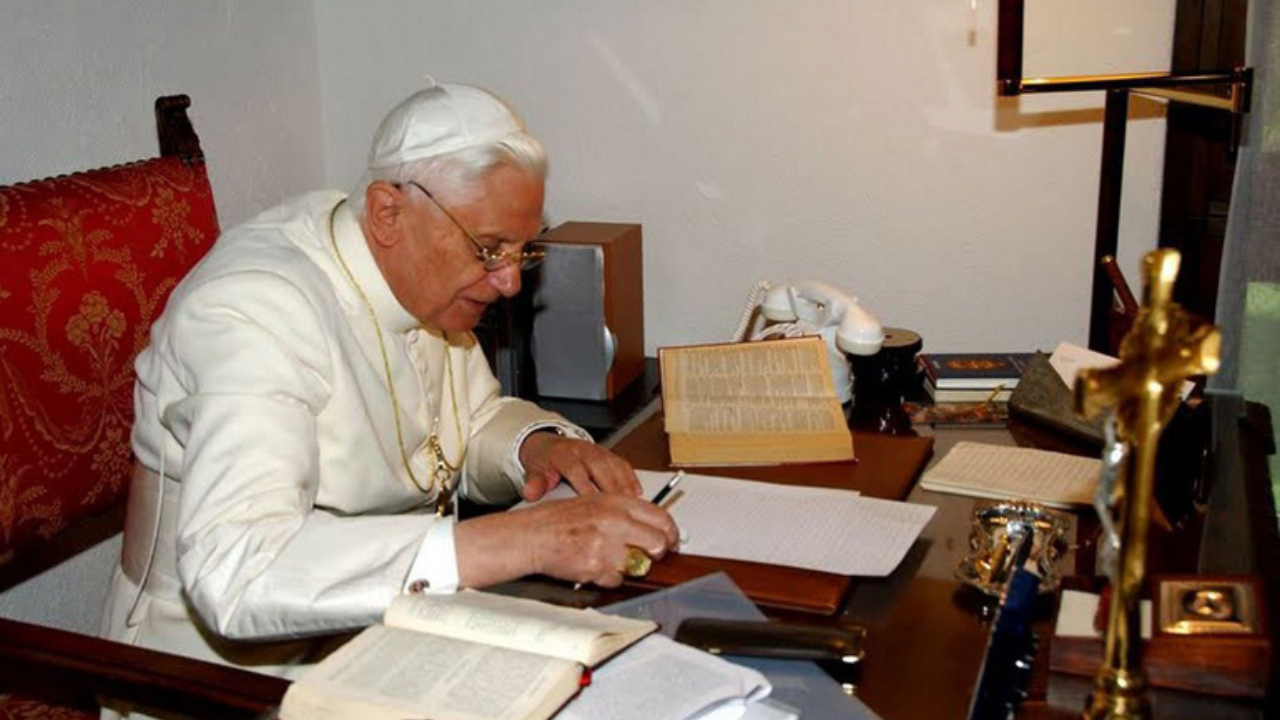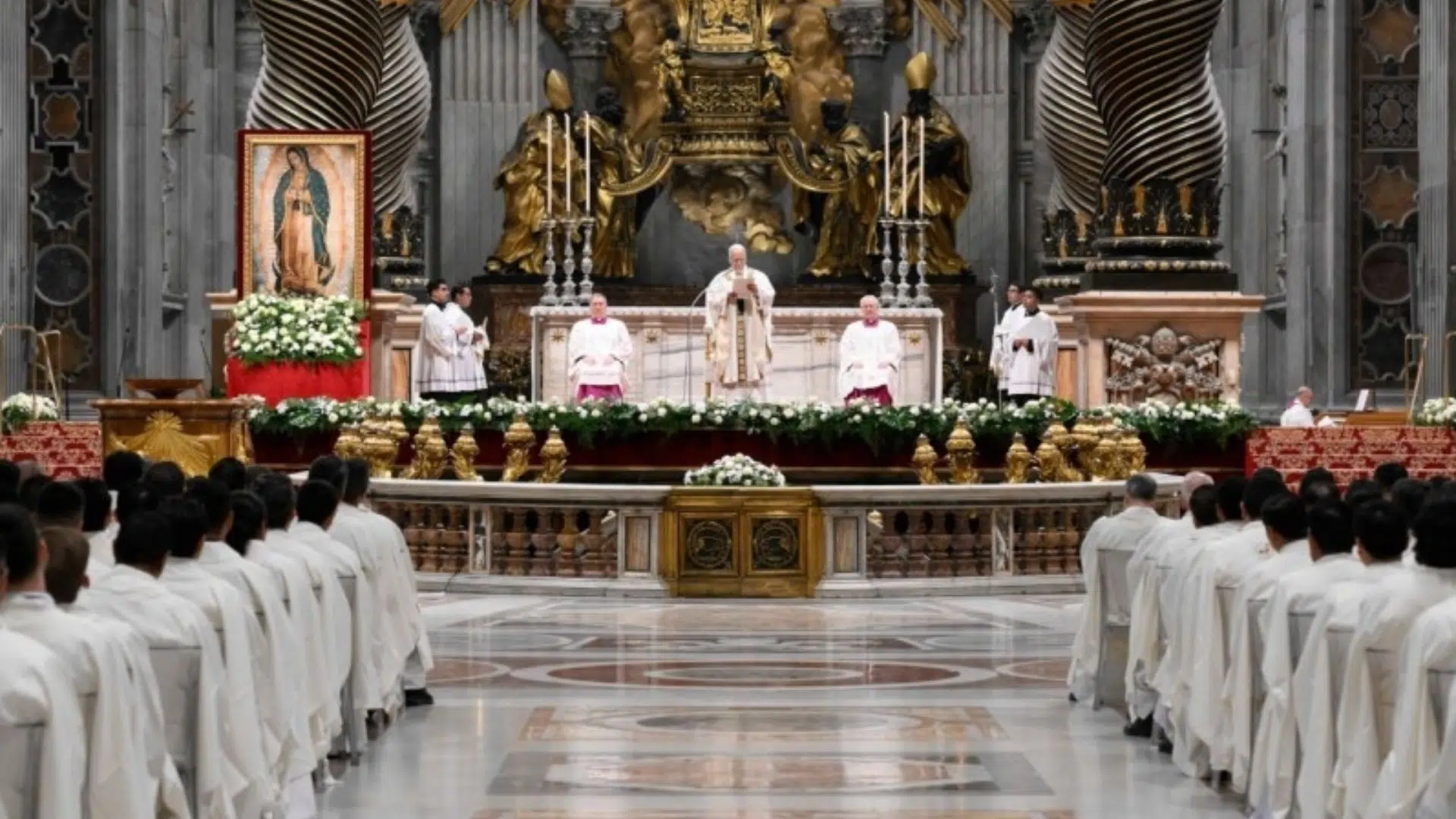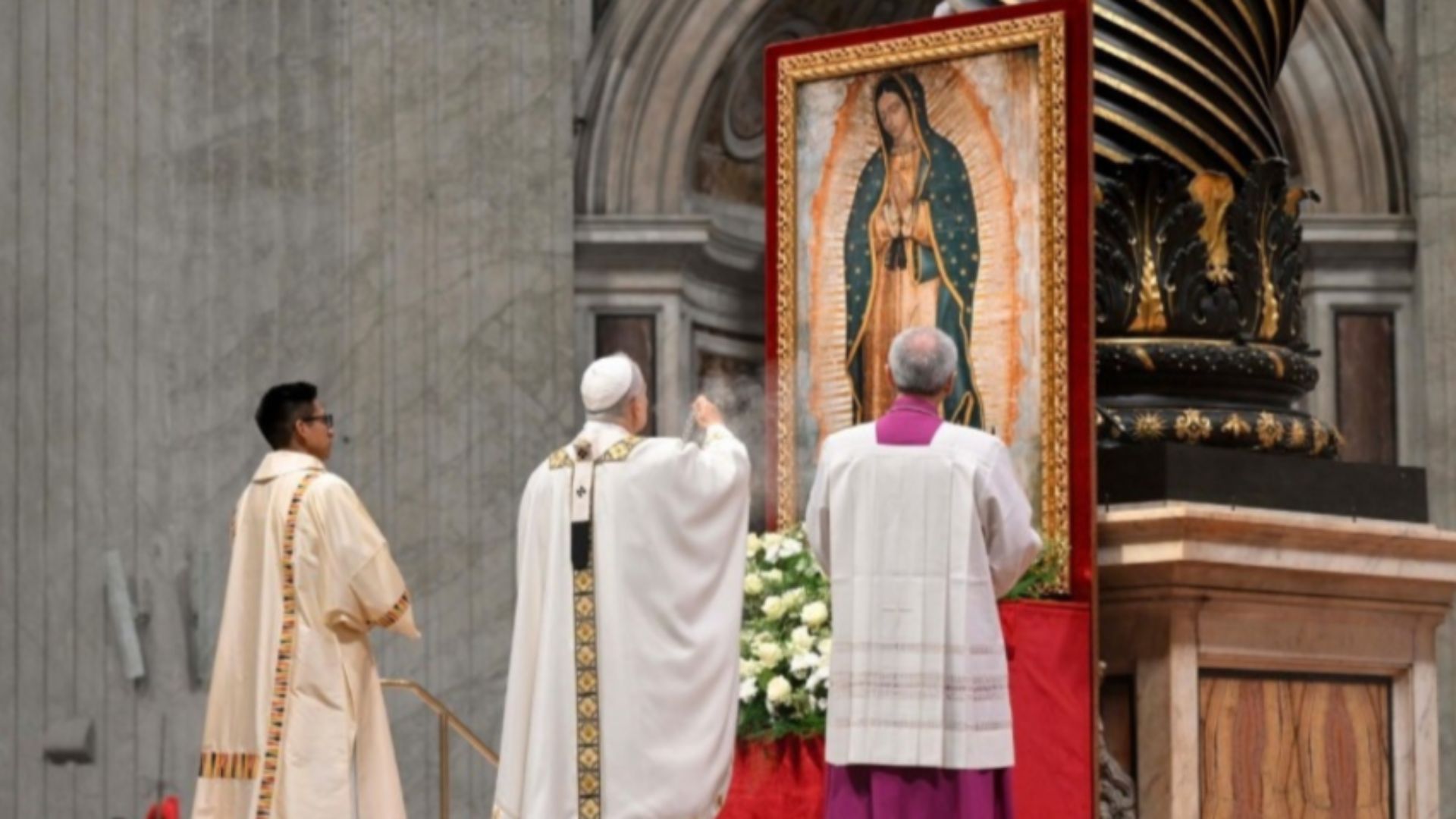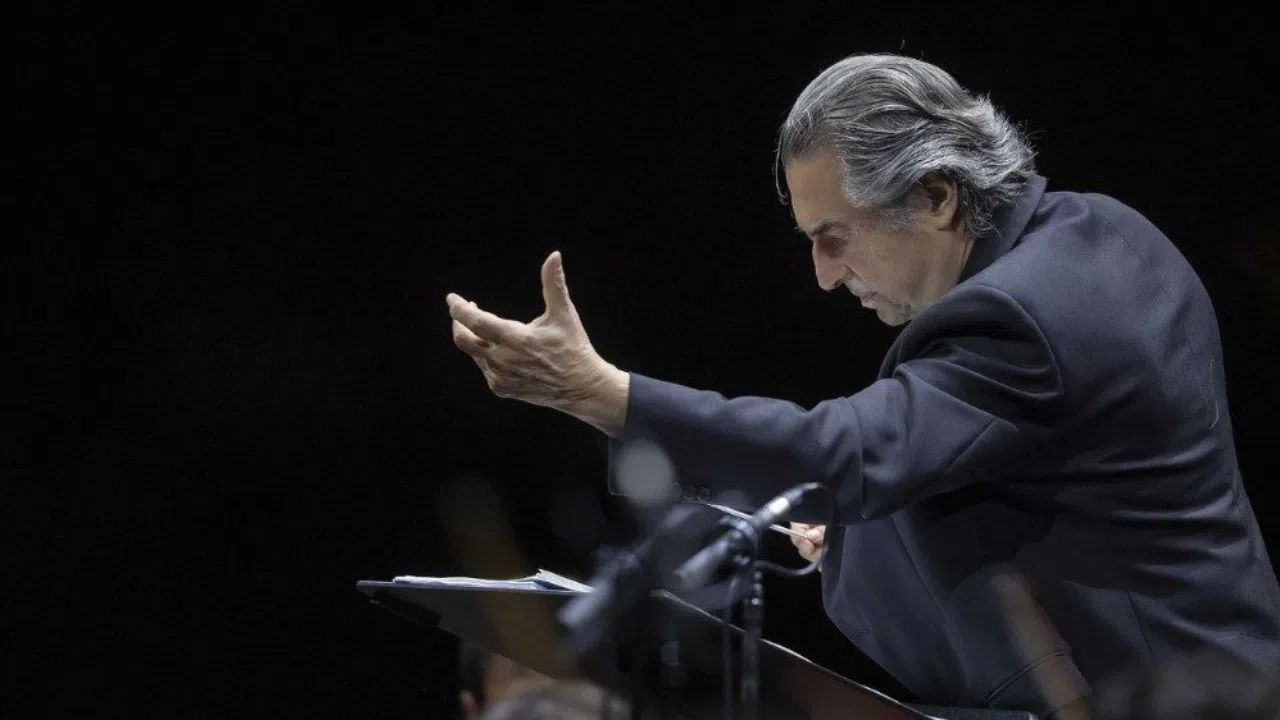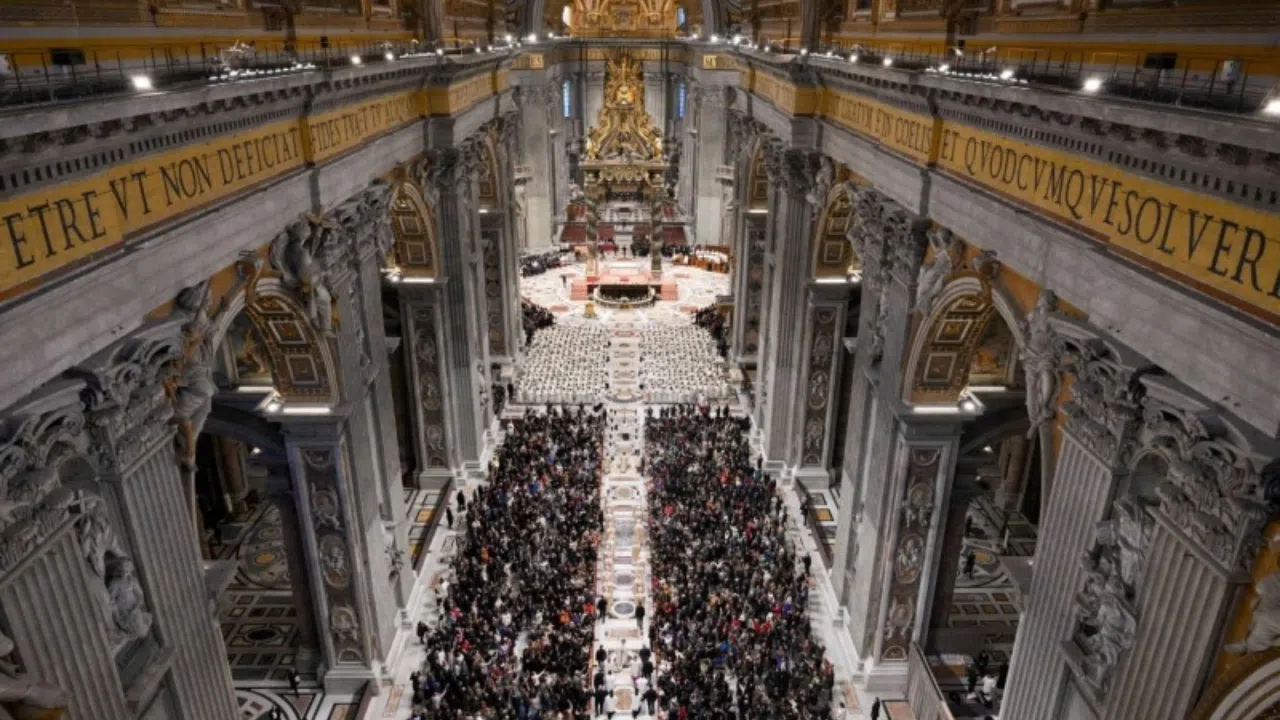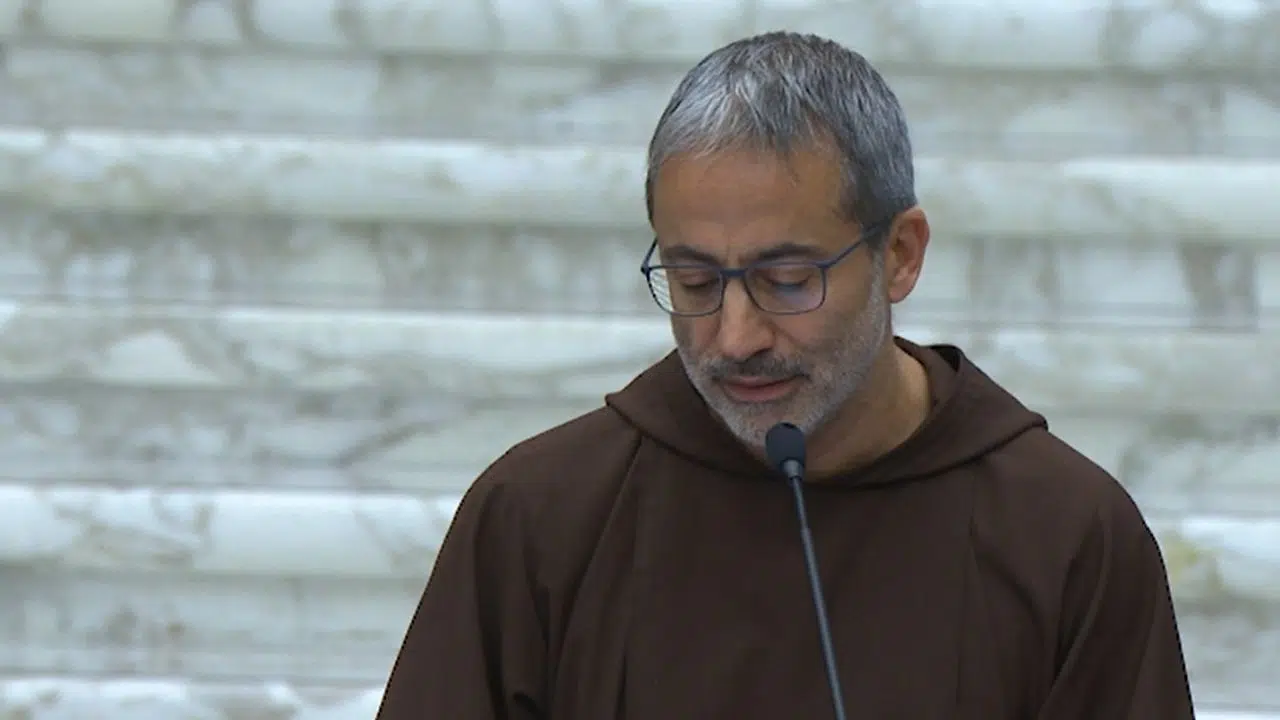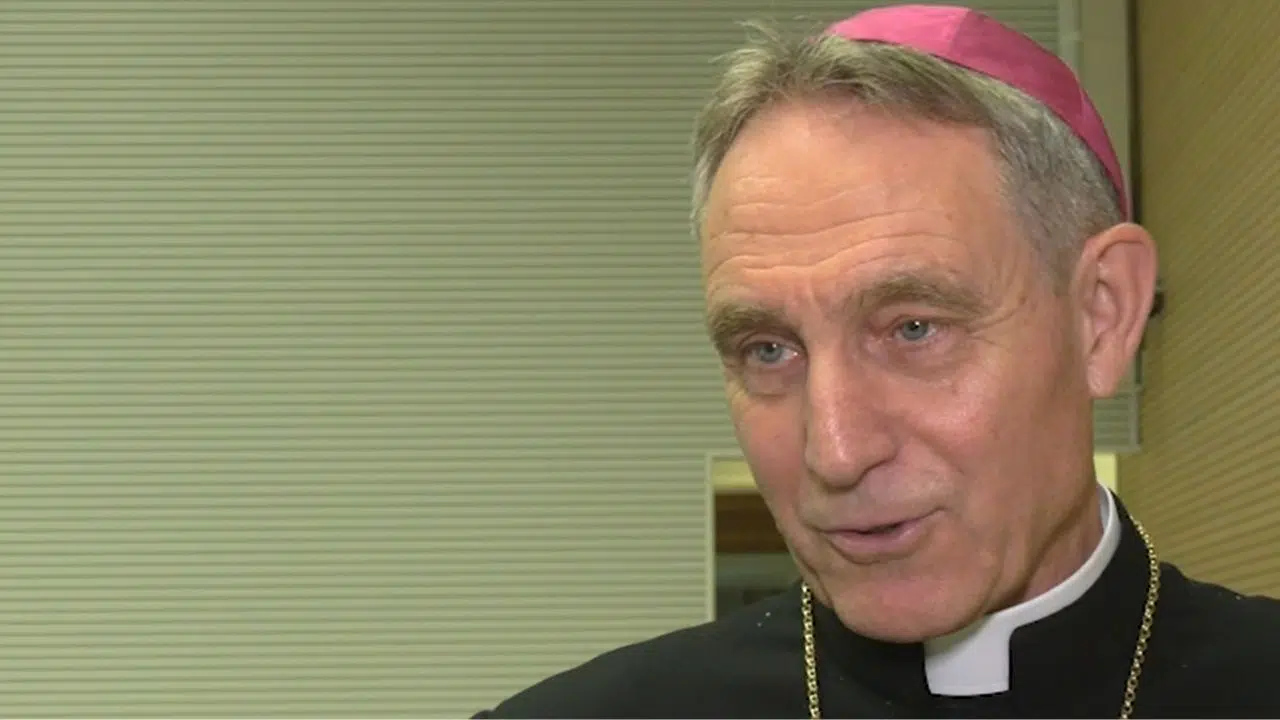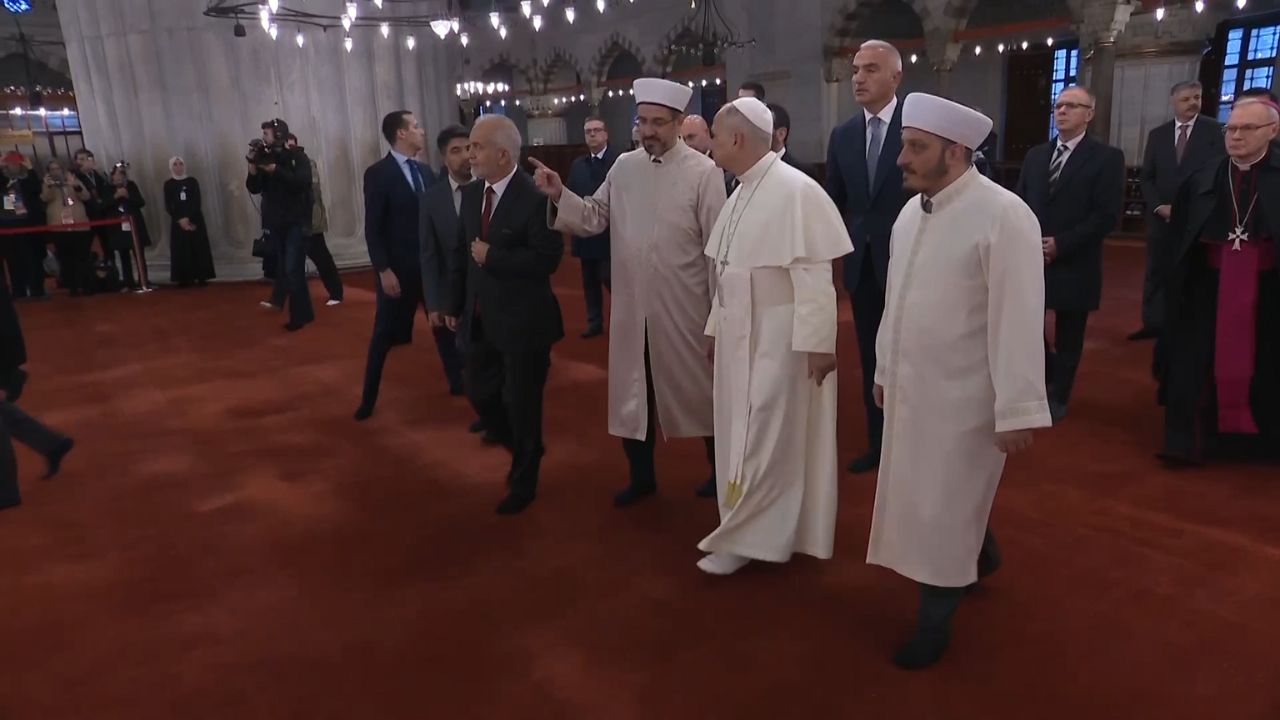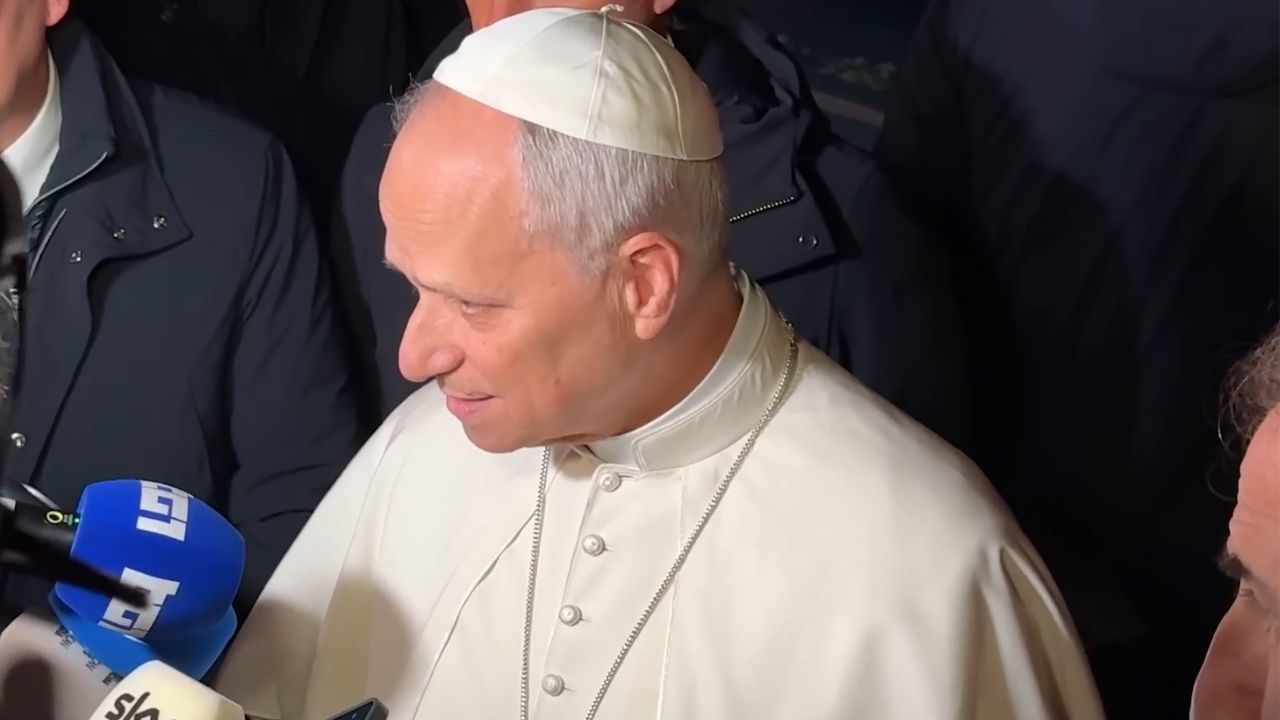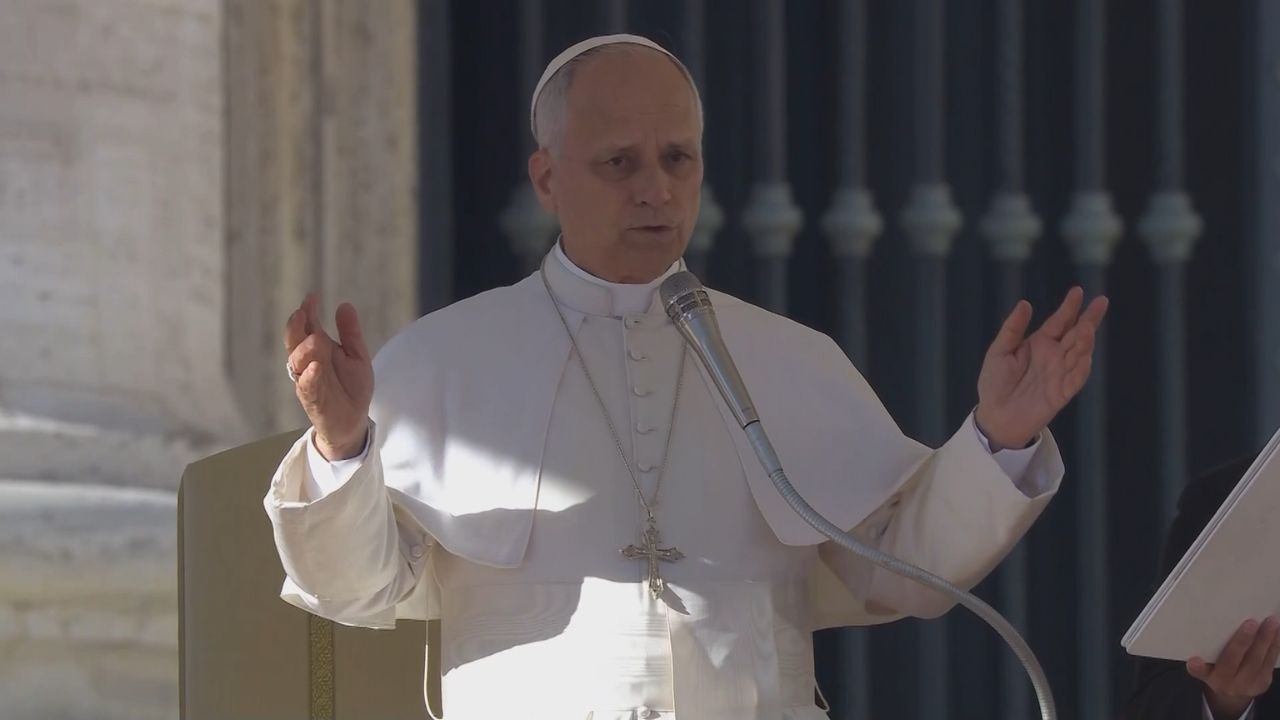In vitro fertilization is back in the news after the U.S. state of Alabama's Supreme Court ruled that frozen embryos are children under the law. In response, many U.S. politicians have rushed to defend IVF. But while legislation around the world is ever-changing, the Catholic Church's stance remains clear: in vitro fertilization is immoral.
The basis for this stance dates back to a 1987 document published during the papacy of John Paul II, titled Donum Vitae (The Gift of Life). The document says that any technology that separates the sexual act between a husband and wife from the creation of human life is morally illicit. It reads:
Such fertilization entrusts the life and identity of the embryo into the power of doctors and biologists and establishes the domination of technology over the origin and destiny of the human person.
Another document, titled Dignitas Personae, was published under Pope Benedict XVI. It reiterates that life is “used, selected and discarded” during artificial reproduction and that the technology engages in a “purely utilitarian treatment of embryos.”
And Francis' pontificate has been no different. He has continued to uphold the Church's position since the beginning of his papacy.
POPE FRANCIS
Archive, 2014
We are currently living in a time in which life is experimented on. Bad experiments. Children are “made” instead of welcoming them as gifts of God. In a time in which “life is played with,” beware. This is a sin against the Creator. Against God the Creator, who made things this way.
Within the in vitro fertilization process, embryos can be selected or destroyed based on the parents' desired gender and genetic makeup. On average, when a couple undergoes the IVF process, about 10 embryos are created. A majority of these are frozen indefinitely, destroyed for research purposes or deliberately discarded. Over one million embryos are currently frozen in the United States alone.
PHILIP CERRONI
Ethicist, National Catholic Bioethics Center
Even if IVF was done in such a way that no embryos are destroyed, no embryos are frozen, every embryo is implanted, the Church would still oppose it.
When you produce something or commission something, you have a certain type of ownership and a certain type of power over that thing. And that type of relationship is completely inappropriate among human beings.
One cycle of IVF costs around $15,000 in the United States. Expenses aside, the Church argues the practice turns human life into something manufactured. And that this approach to life has grave moral consequences on society. Donum Vitae says:
…forms of discrimination between human beings could come to be legitimized: this would constitute an act of violence and a serious offense to the equality, dignity and fundamental rights of the human person.
Over 8 million babies have been born through in vitro fertilization since the technology was developed four decades ago. And while the Church's objection to the practice is clear, it also emphasizes that the lives created through IVF are valued equally and made in the image and likeness of God.
AT
